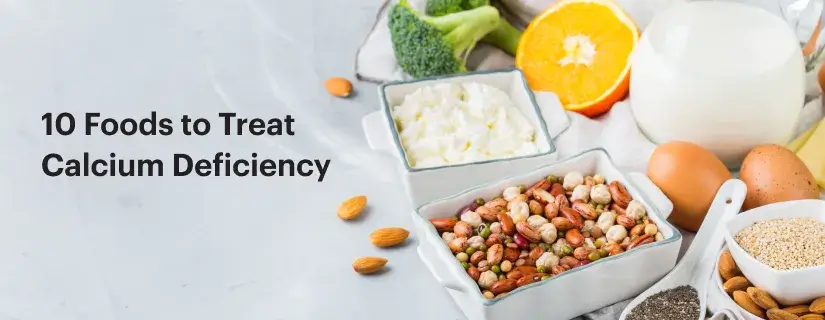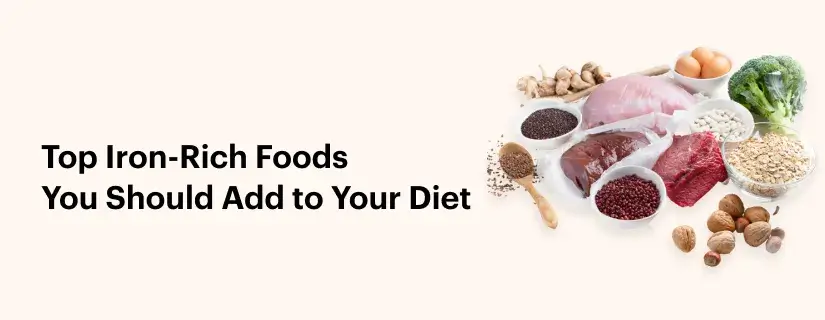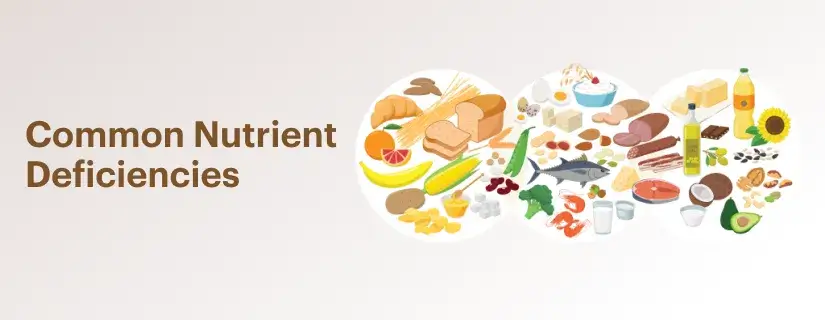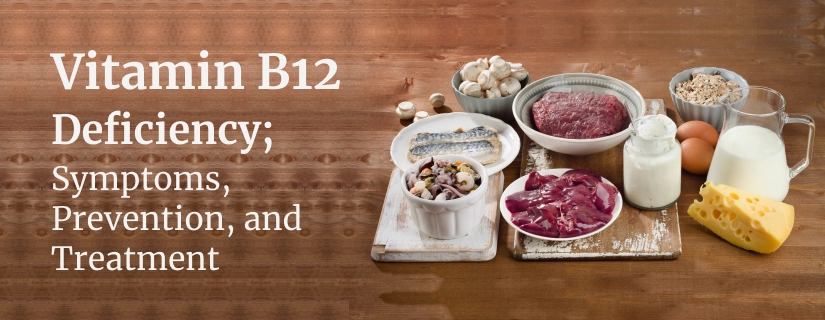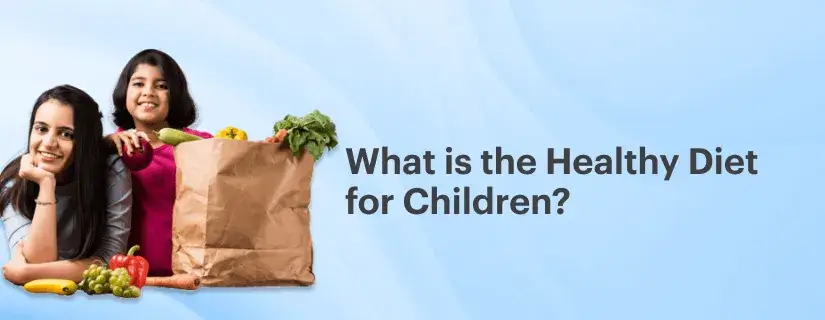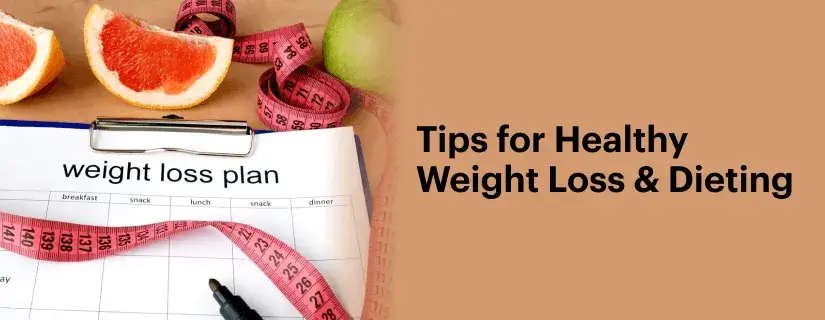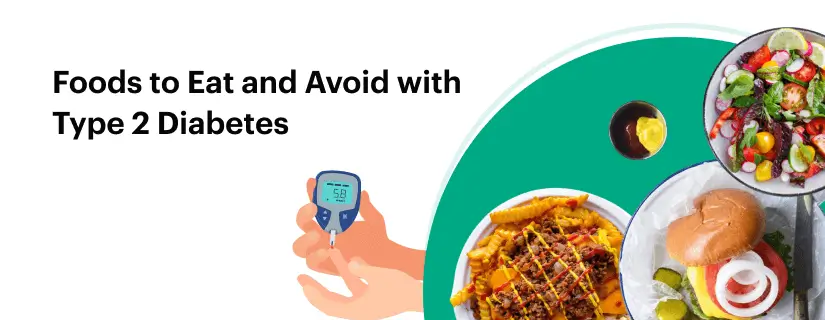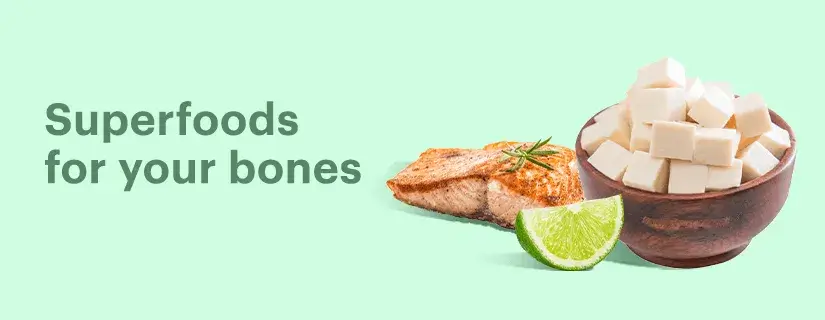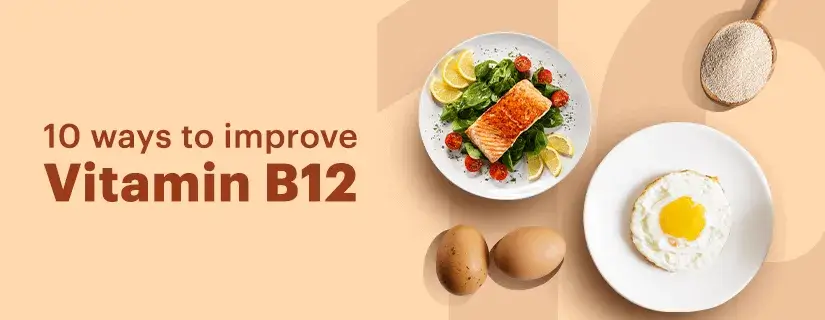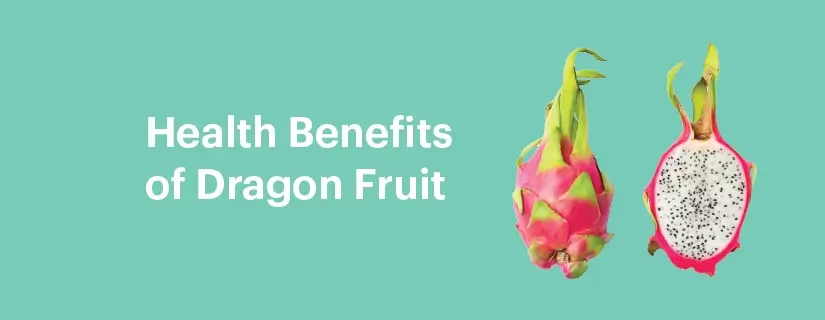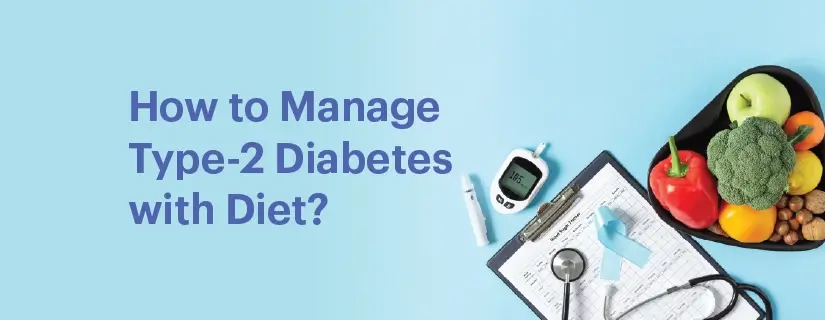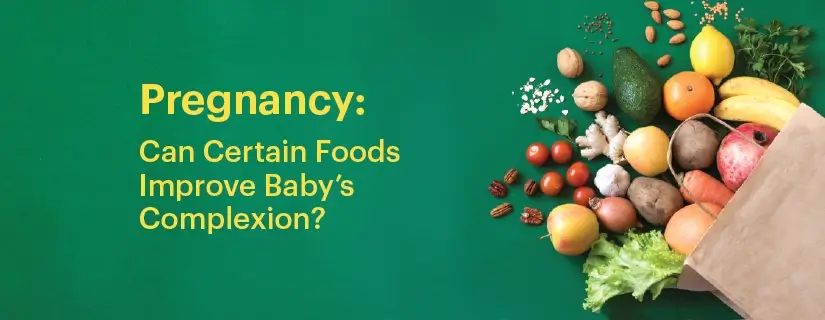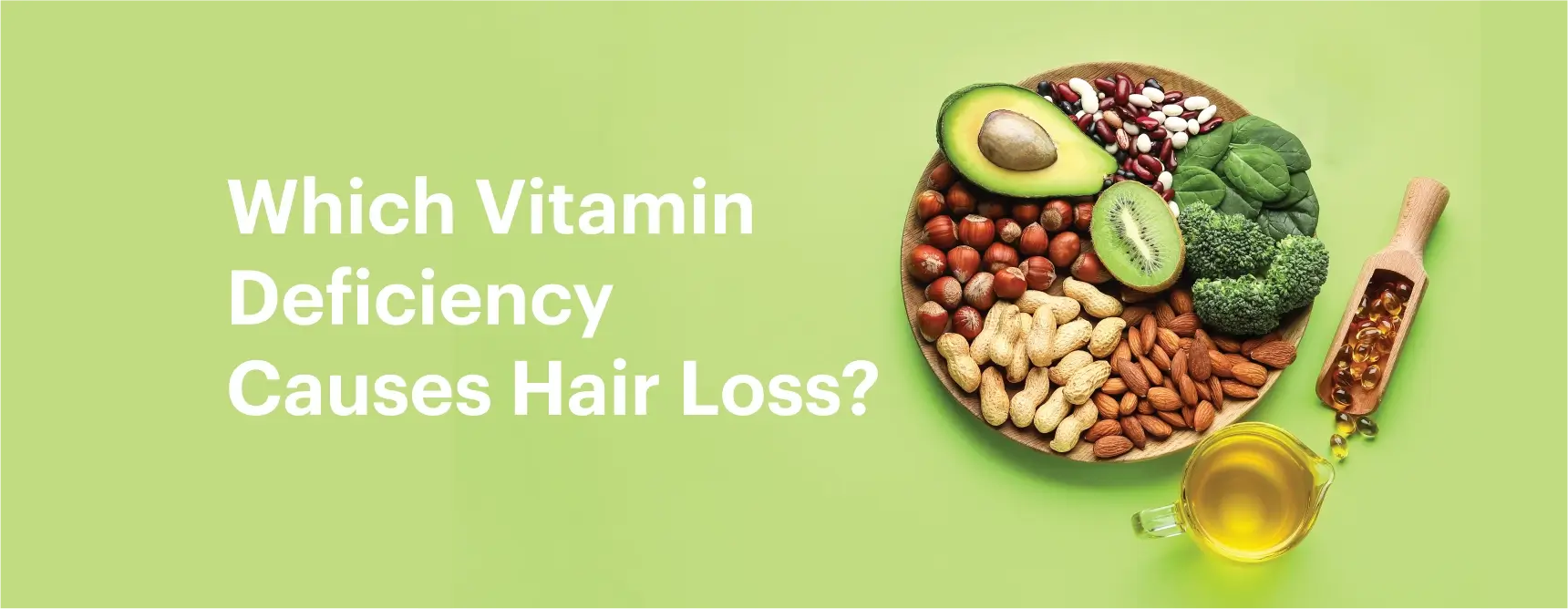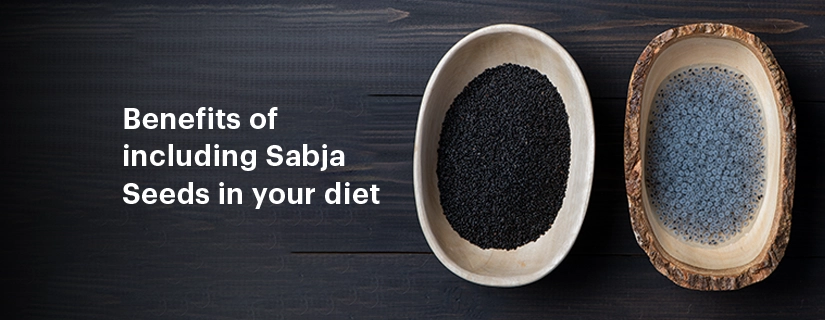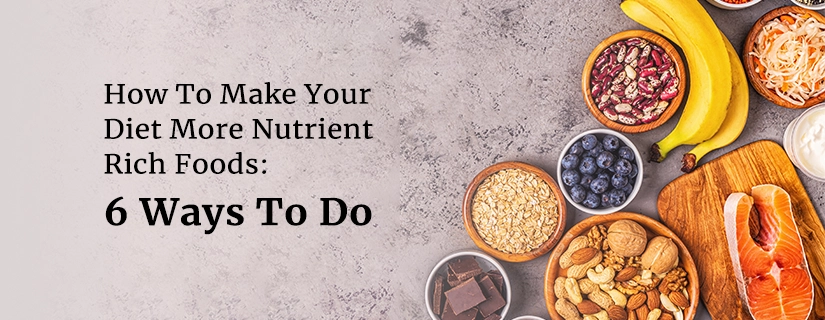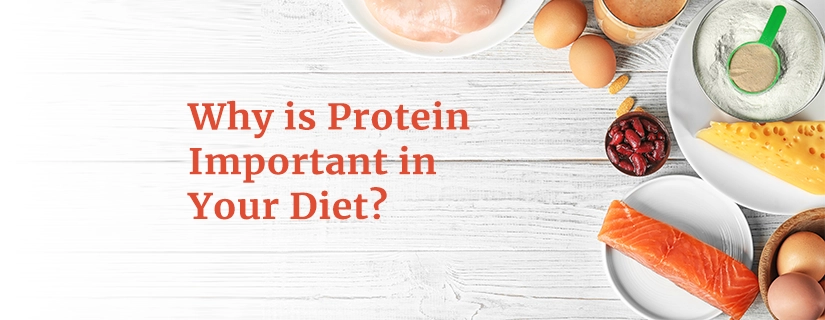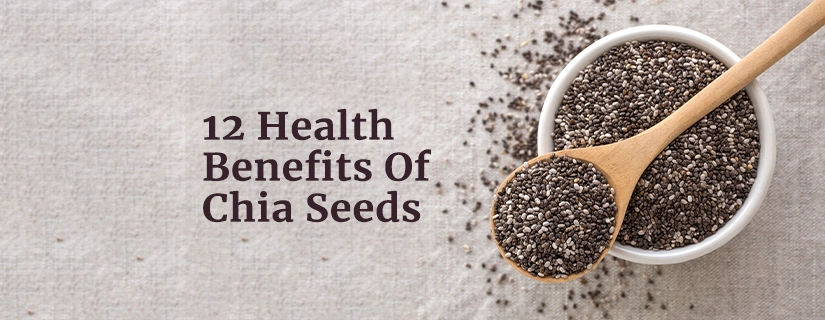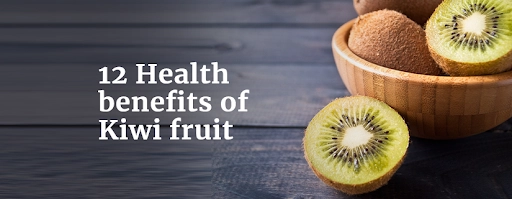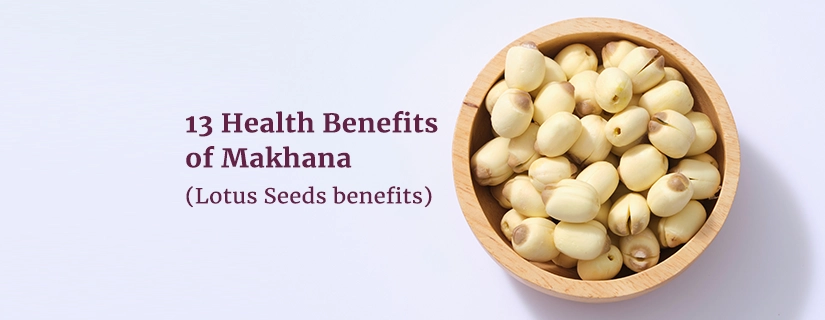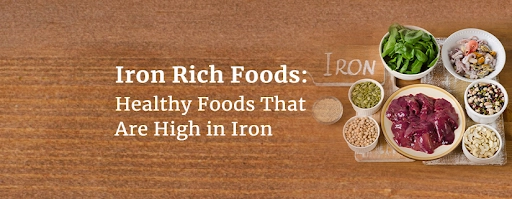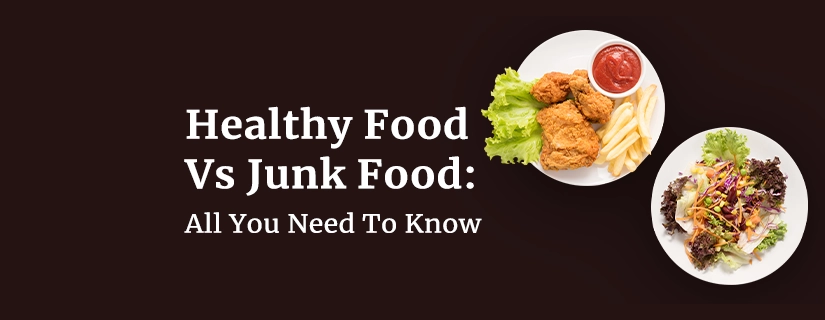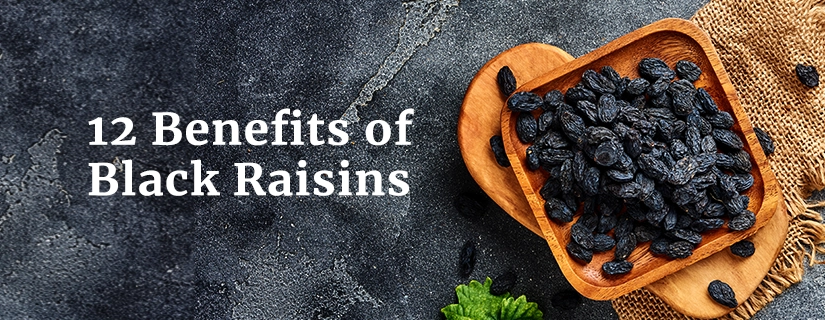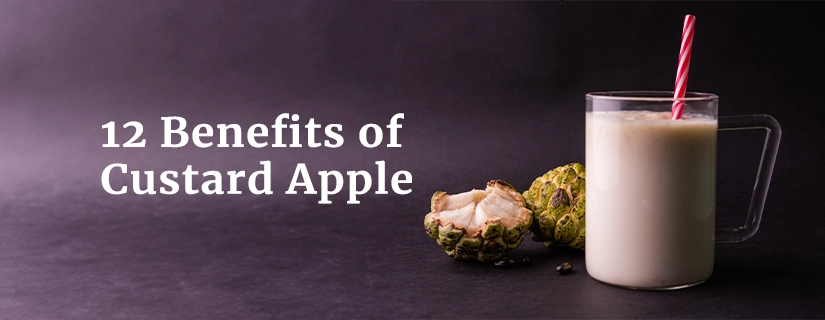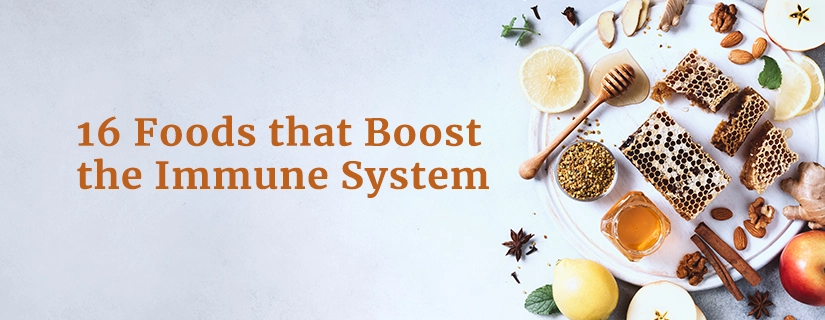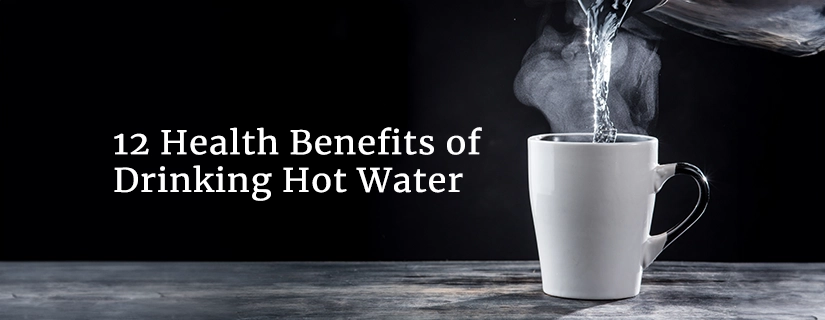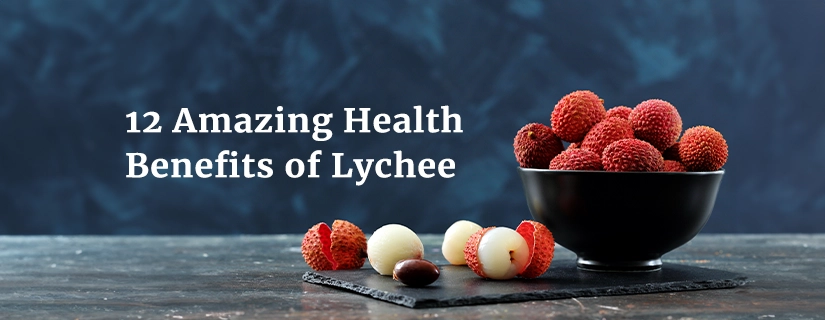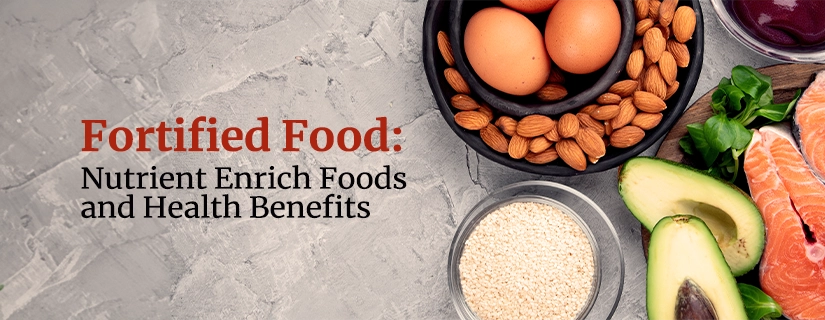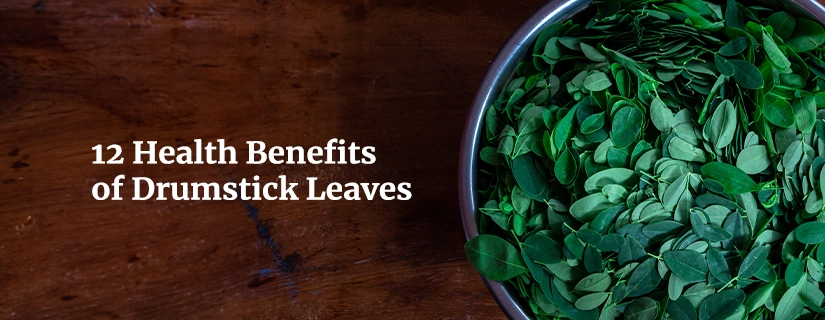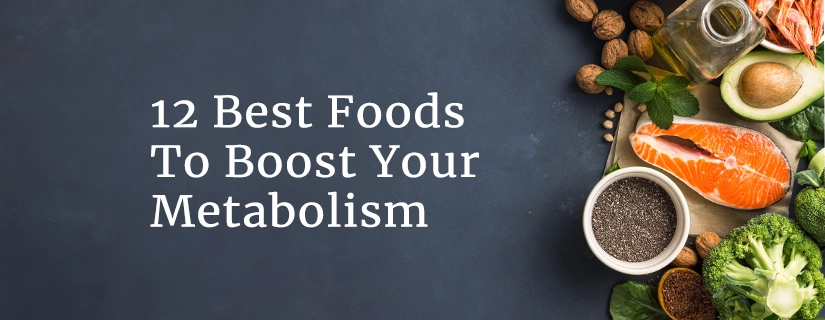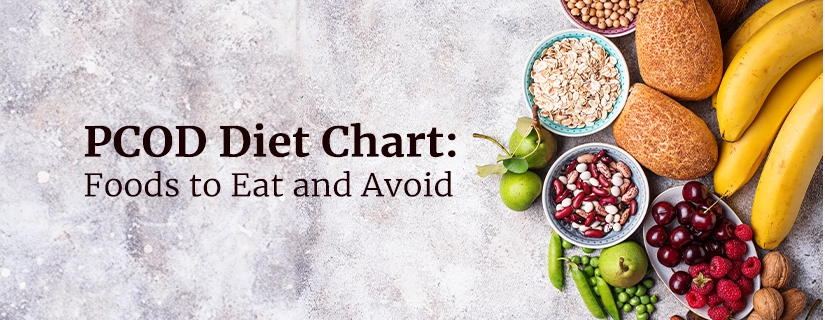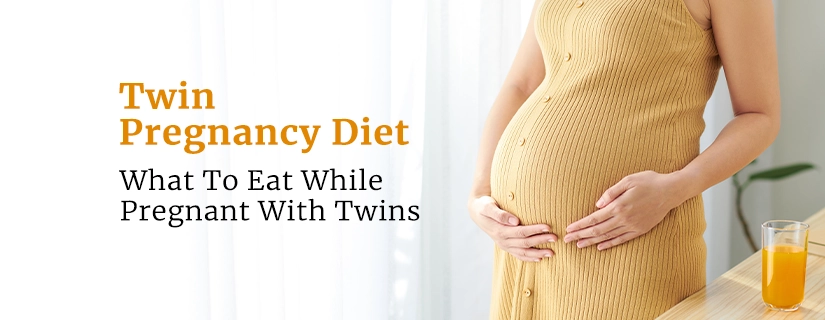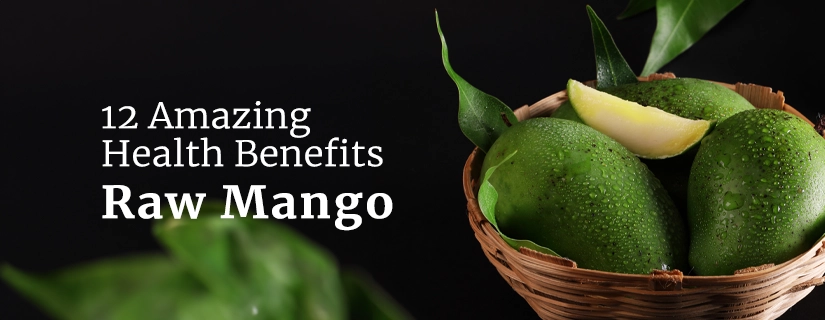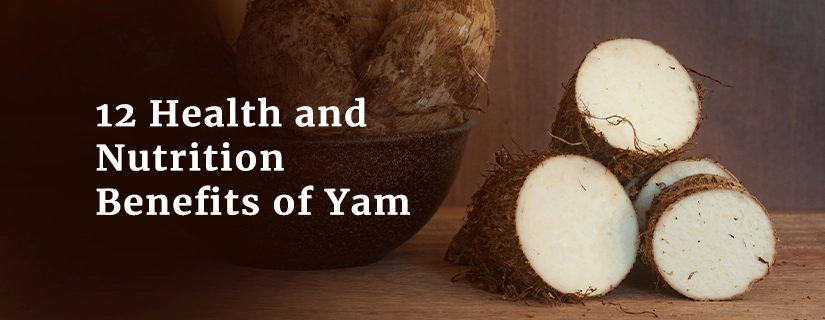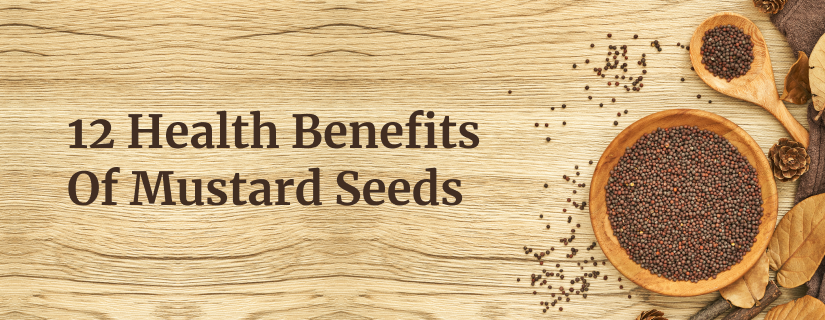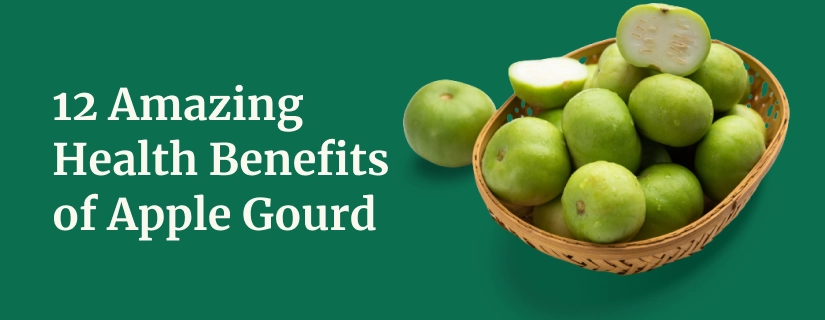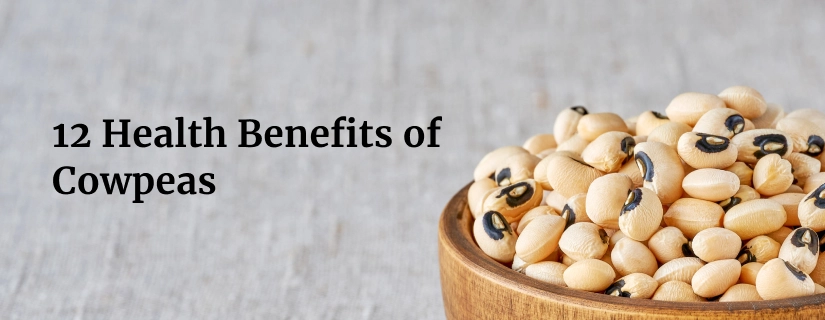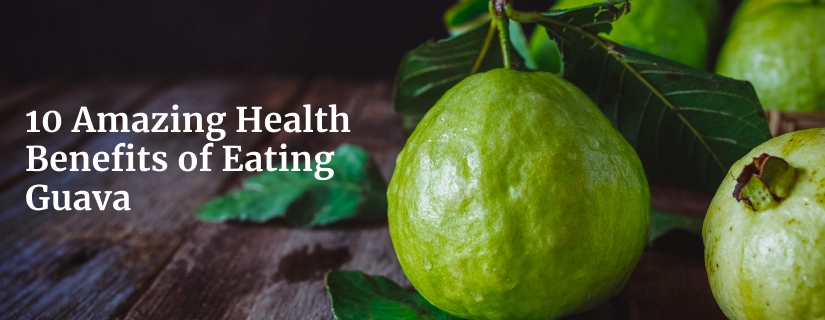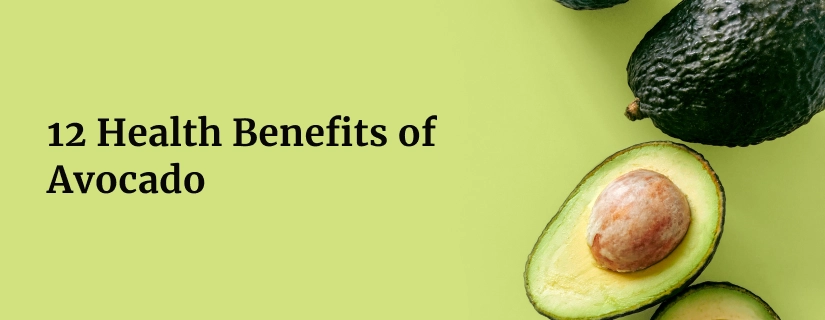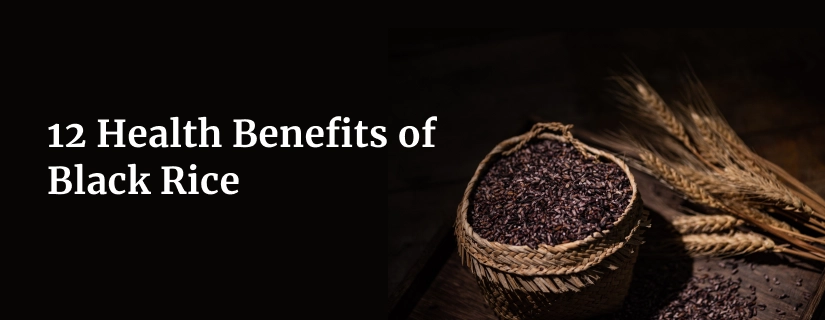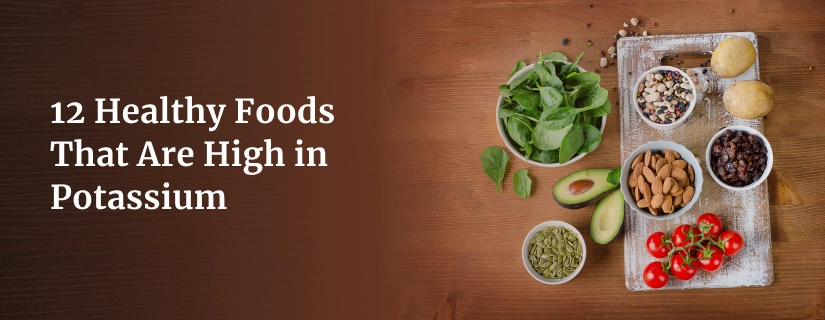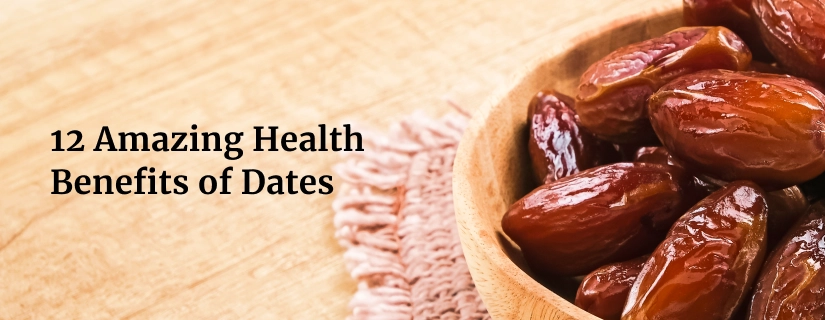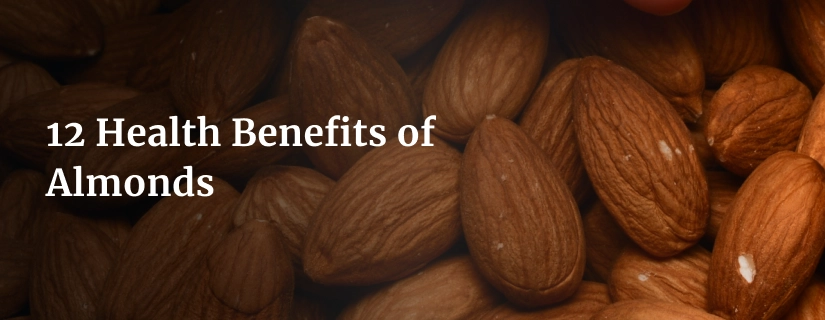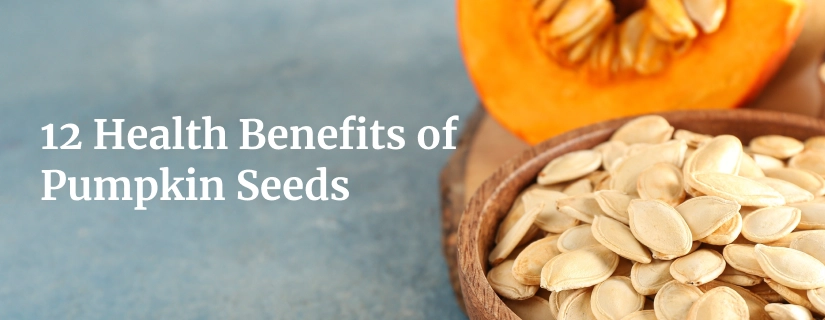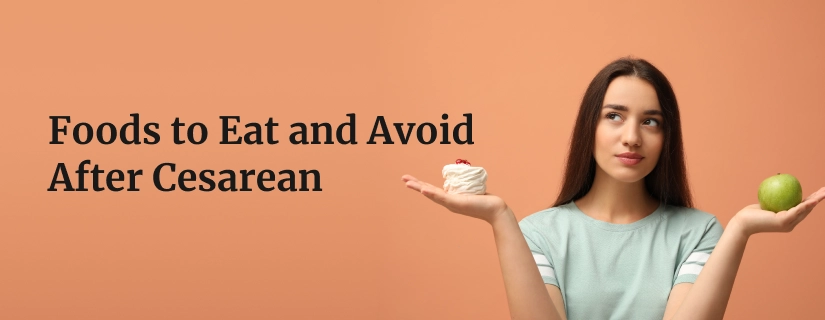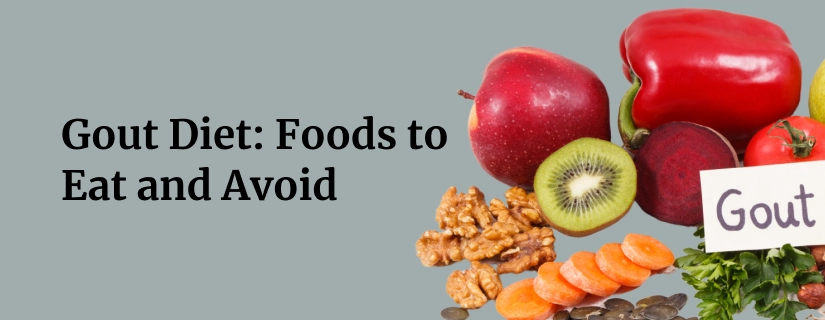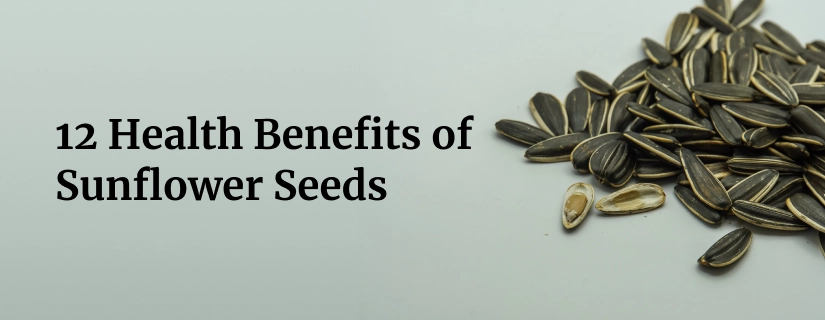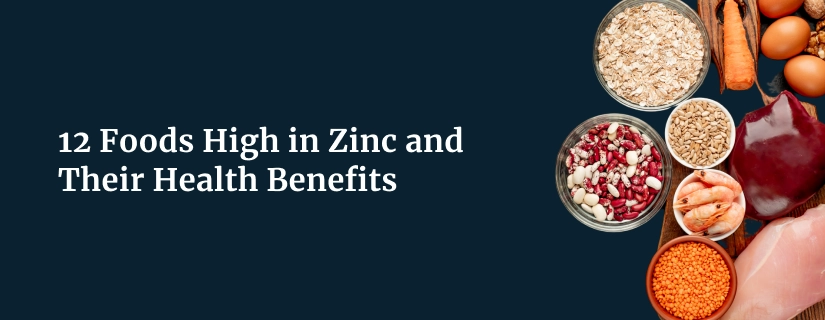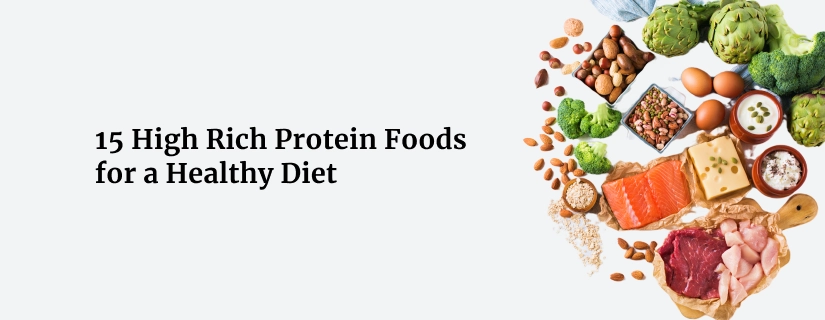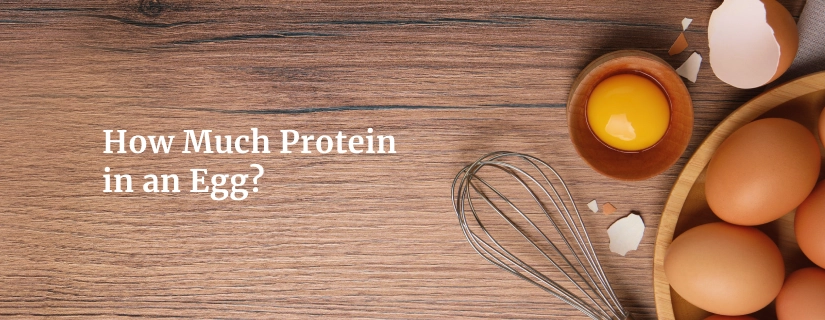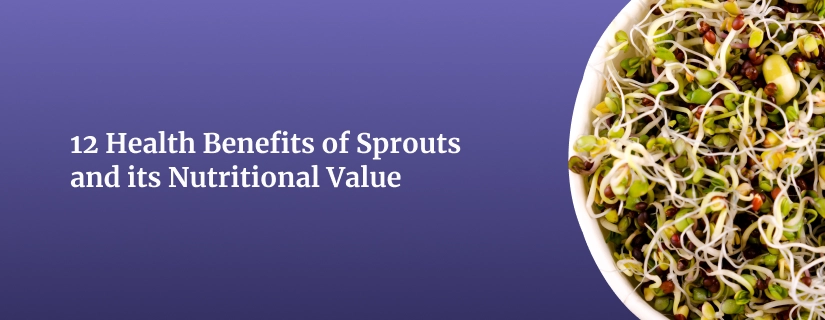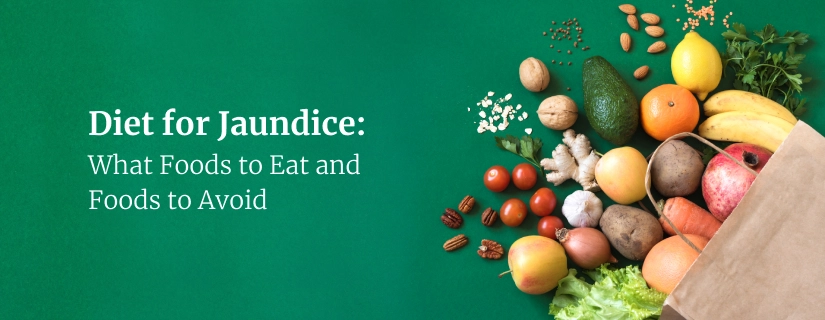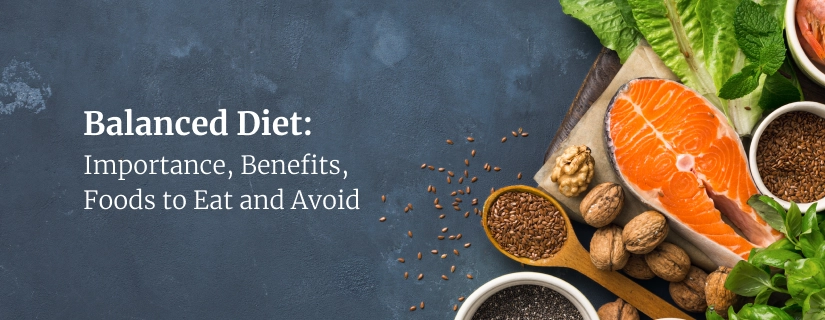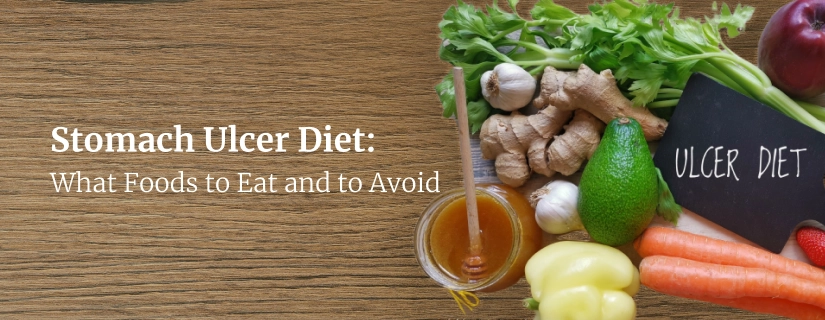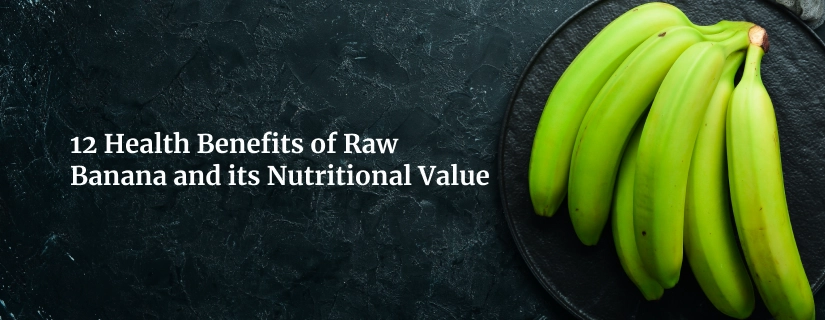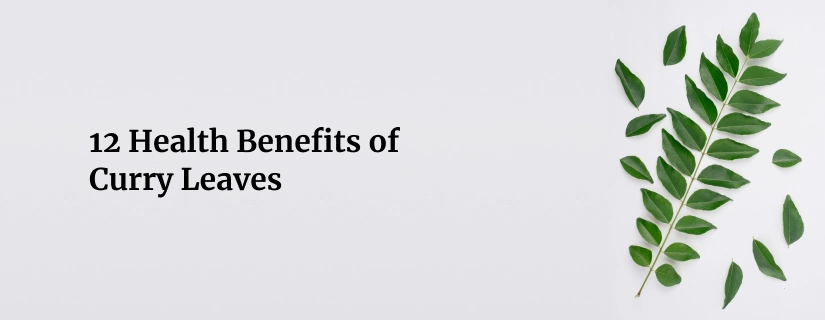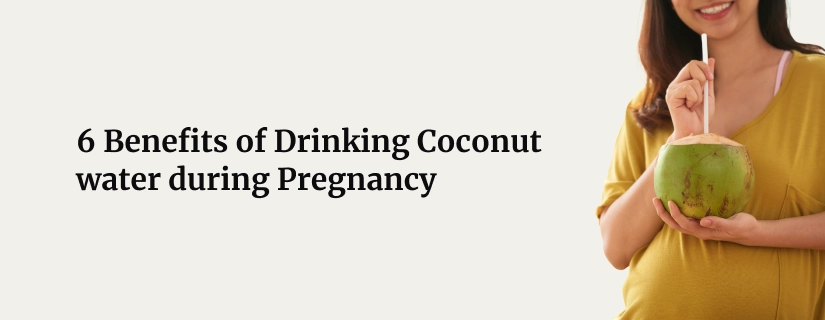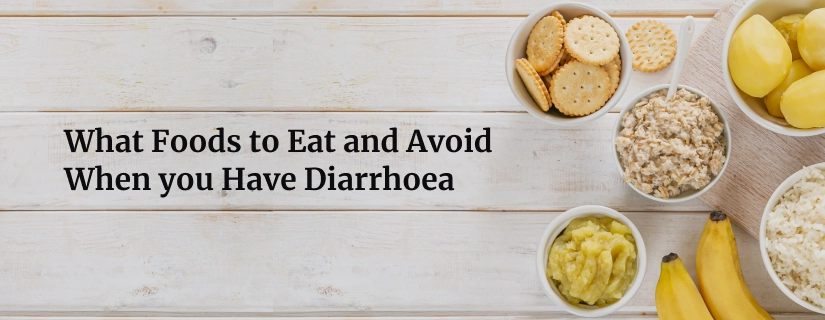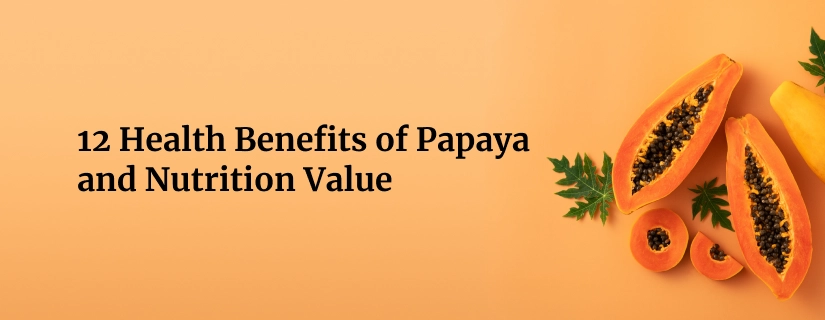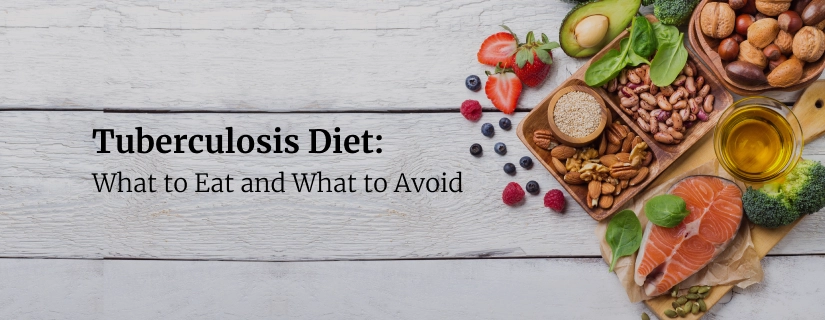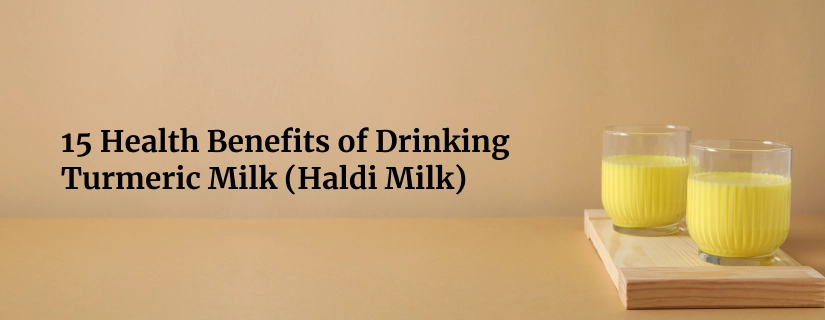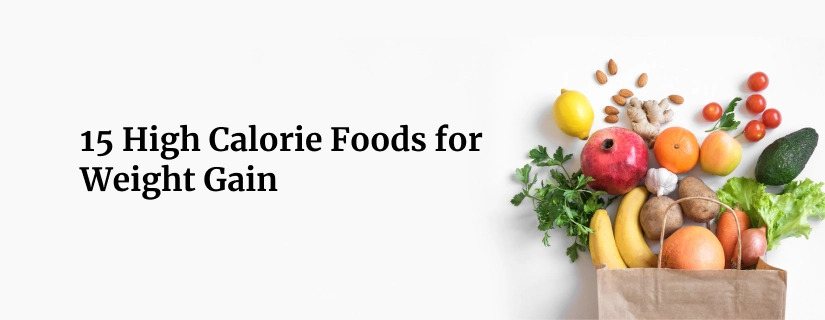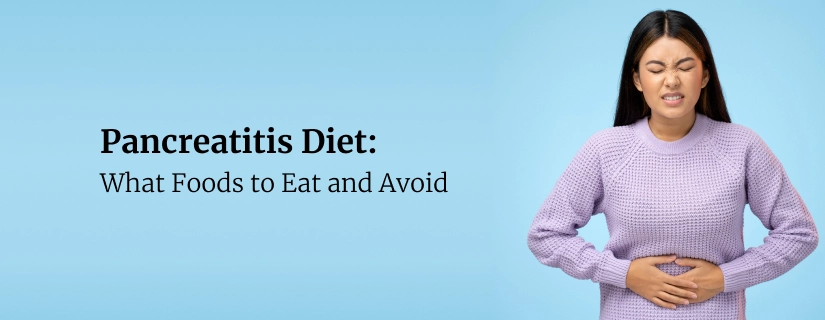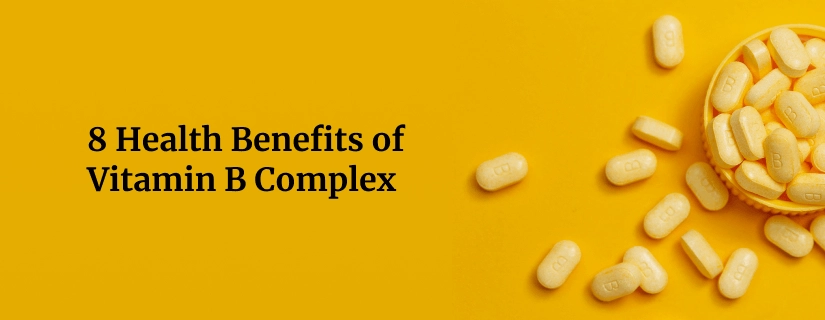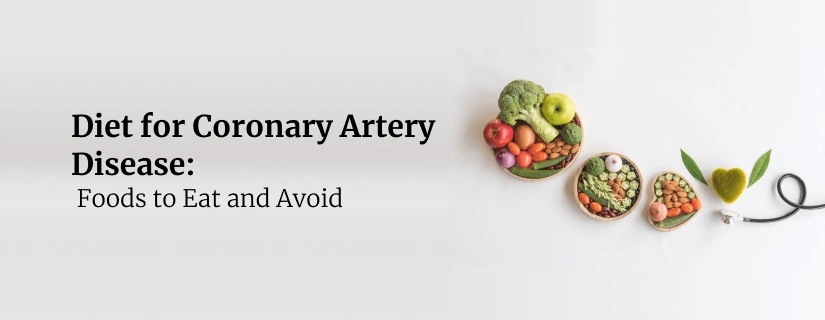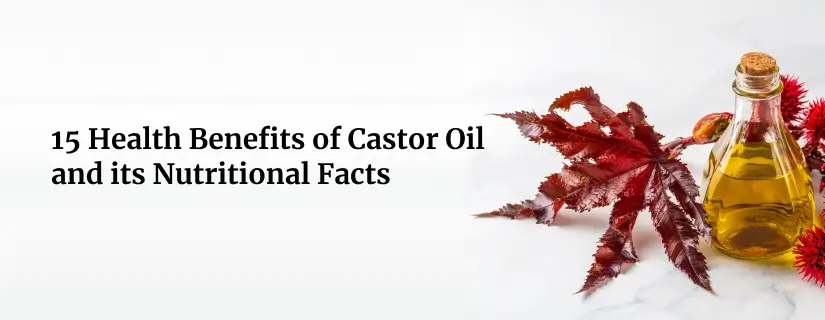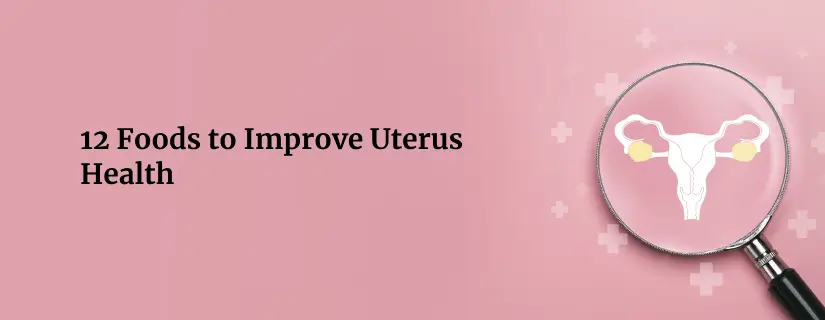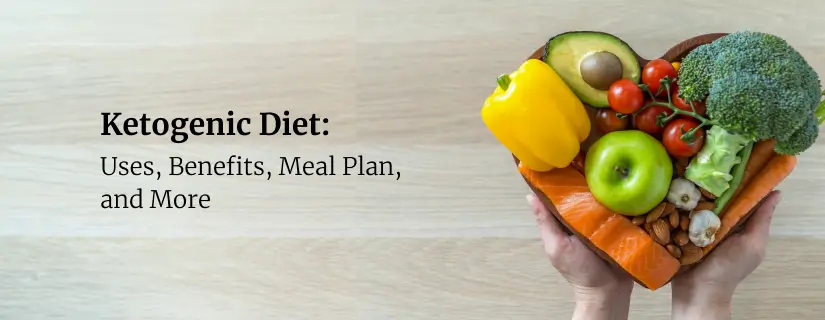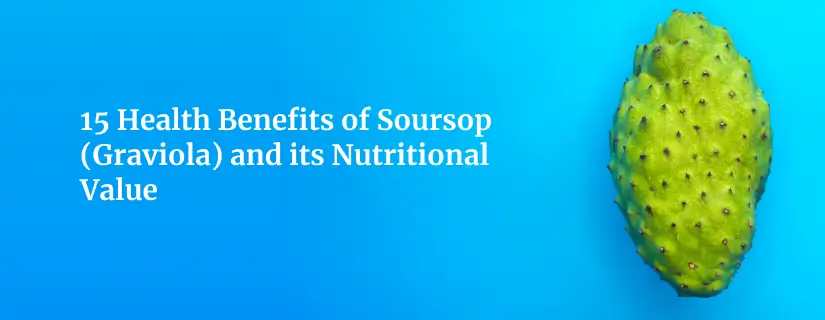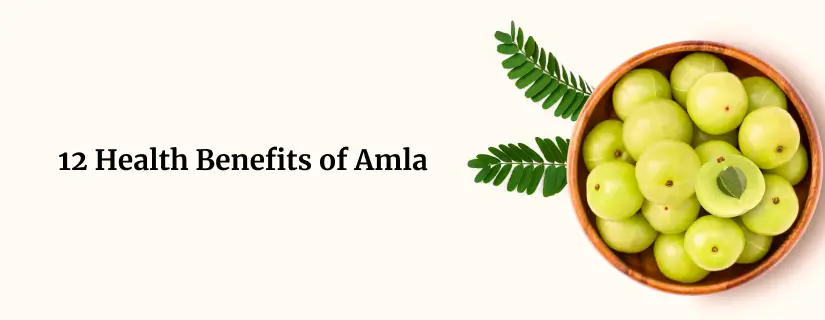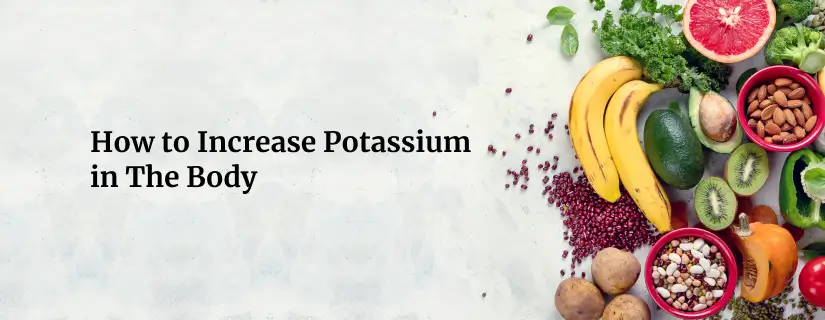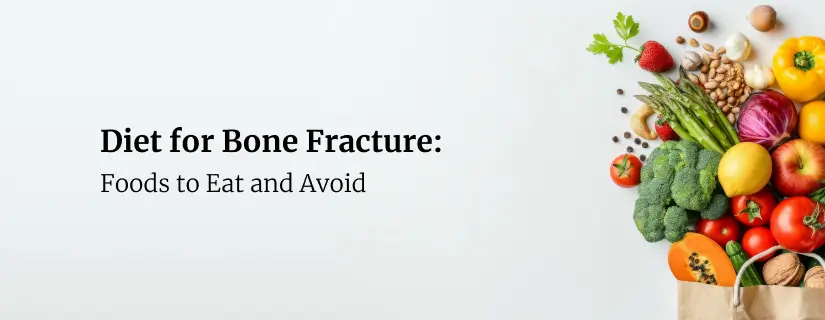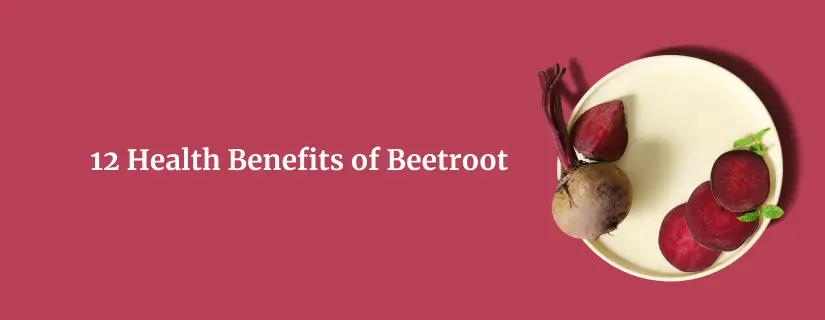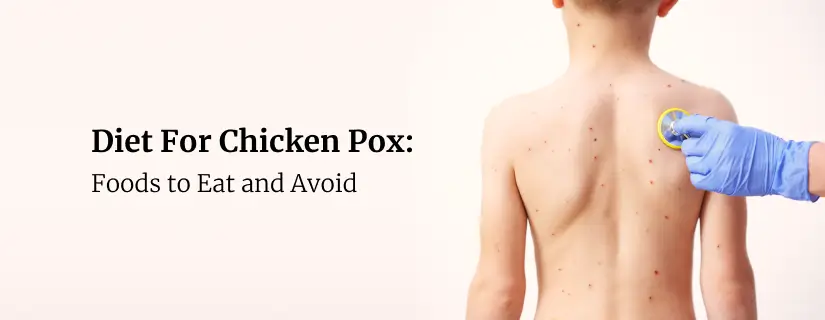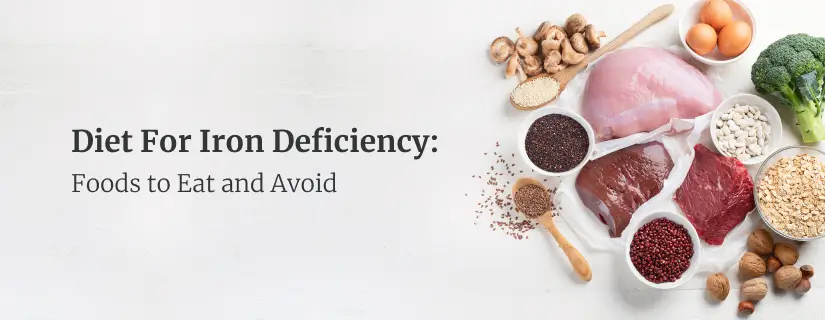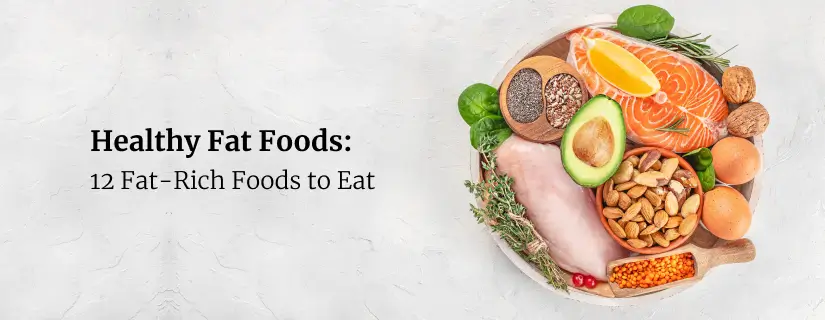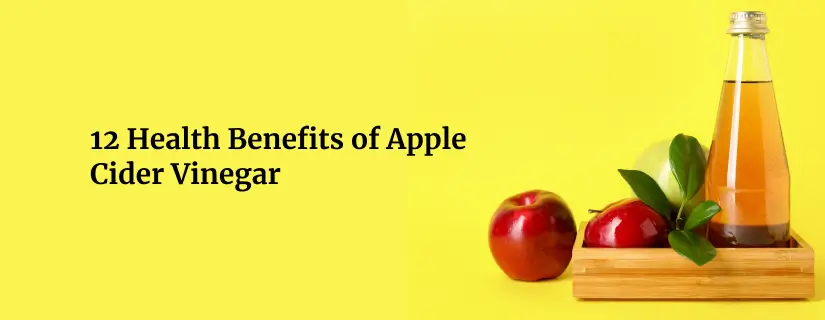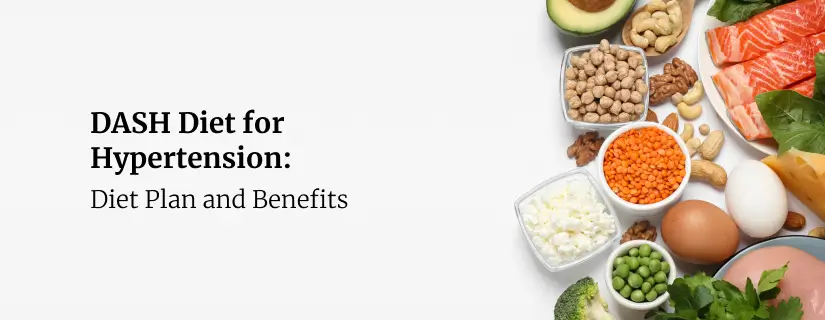-
Doctors
-
Specialities & Treatments
Centre of Excellence
Specialties
Treatments and Procedures
Hospitals & Directions HyderabadCARE Hospitals, Banjara Hills CARE Outpatient Centre, Banjara Hills CARE Hospitals, HITEC City CARE Hospitals, Nampally Gurunanak CARE Hospitals, Musheerabad CARE Hospitals Outpatient Centre, HITEC City CARE Hospitals, Malakpet
HyderabadCARE Hospitals, Banjara Hills CARE Outpatient Centre, Banjara Hills CARE Hospitals, HITEC City CARE Hospitals, Nampally Gurunanak CARE Hospitals, Musheerabad CARE Hospitals Outpatient Centre, HITEC City CARE Hospitals, Malakpet Raipur
Raipur
 Bhubaneswar
Bhubaneswar Visakhapatnam
Visakhapatnam
 Nagpur
Nagpur
 Indore
Indore
 Chh. Sambhajinagar
Chh. SambhajinagarClinics & Medical Centers
Book an AppointmentContact Us
Online Lab Reports
Book an Appointment
Consult Super-Specialist Doctors at CARE Hospitals
Pregnancy Diet Plan for Each Trimester
Updated on 19 April 2023
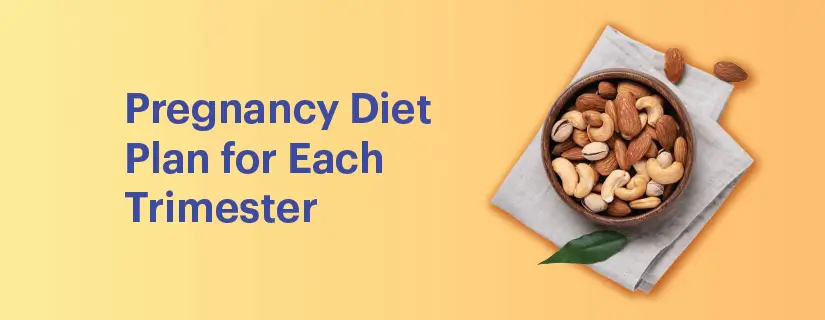
Having a well-balanced diet is crucial for everyone but it is more so for pregnant women. Eating a nutritious diet becomes a priority for women when they find out that they are expecting. As maternal instincts kick in, women feel a necessary requirement to nourish their bodies with food that will support the growth of their babies perfectly.
In this article, you will find a trimester-wise breakdown of the most important nutrients as well as foods to eat during each trimester. However, you must understand that these are only advisable plans and if you face any food allergies or health conditions, you must refer to your nutritionist or gynaecologist before adding new foods to your diet or following a specific pregnancy diet plan. Also, make sure that throughout each semester you remain well-hydrated and drink a good amount of water all through the day.
1. First Trimester: (4-13 Weeks)
The first trimester ideally must contain food rich in folate. Folic acid is vital in the neural development of the foetus as well as in preventing any neurological birth defects. Folate can be found in a lot of leafy greens, eggs, nuts, broccoli, citrus fruits, legumes, etc.
It is also essential that pregnant women keep up the intake of folic acid supplements prescribed by the doctor. In addition to folic acid, other nutrients like Vitamin B6 and Iron are also crucial during this time.
|
Food Group |
Examples |
|
Proteins |
Lean meats, fish, legumes |
|
Fruits |
Citrus fruits, berries, bananas |
|
Vegetables |
Leafy greens, broccoli, carrots |
|
Whole Grains |
Oatmeal, brown rice, whole-grain bread |
|
Dairy or Alternatives |
Greek yogurt, milk |
|
Healthy Fats |
Avocado, nuts, olive oil |
|
Fluids |
Water, herbal teas (in moderation) |
2. Second Trimester: (14-27 Weeks)
The majority of women find the first trimester difficult due to nausea and morning sickness. Due to this, it may get difficult to eat well. However, these symptoms start to go away during the second trimester and it becomes easier to maintain a healthy intake of food. Iron continues to be an essential nutrient during this semester as well. You can get iron from lean meat, cooked seafood, leafy green vegetables, nuts, fortified cereals, etc.
In addition, since the child begins to develop the skeletal system during this semester, calcium intake must be increased. Dairy products like cheese, milk, and yoghurt are good sources of calcium along with nuts. Other important nutrients include Omega 3 fatty acids, Magnesium and Vitamin D which can be found in fatty fish, nuts, bananas, and yoghurt.
|
Food Group |
Examples |
|
Proteins |
Lean meats, fish, legumes |
|
Fruits |
Variety of fruits |
|
Vegetables |
Leafy greens, colourful veggies |
|
Whole Grains |
Whole grains for sustained energy |
|
Dairy or Alternatives |
Calcium-rich foods |
|
Healthy Fats |
Avocado, nuts, olive oil |
|
Fluids |
Increased water intake |
3. Third Trimester: (28-40 Weeks)
In addition to all the nutrients mentioned above, Vitamin K, Vitamin C, Vitamin B1 (Thiamine), and fibre are important additions to your diet from 28 weeks of your pregnancy. Fruits like kiwis, raspberries, strawberries, tomato, papaya, and melon are good sources of Vitamin C and fibre.
Sweet potatoes are a good source of Thiamine. Spinach, chicken, broccoli, prunes, green beans, avocado, and cooked kale are all good sources of Vitamin K. Vitamin K is essential for blood coagulation. This is especially essential for post-birth to avoid any complications.
|
Food Group |
Examples |
|
Proteins |
Lean meats, fish, legumes, omega-3 sources |
|
Fruits |
Variety of fruits |
|
Vegetables |
Fiber-rich veggies |
|
Whole Grains |
Whole grains |
|
Dairy or Alternatives |
Calcium-rich foods |
|
Healthy Fats |
Avocado, nuts, olive oil |
|
Fluids |
Stay well-hydrated
|
|
Sample Diet Chart for each Trimester |
|||
|---|---|---|---|
|
First Trimester |
Second Trimester |
Third Trimester |
|
|
Breakfast |
Upma, Buttermilk |
Oat Porridge with milk and nuts/ Fortified Muesli |
Whole wheat Toast, Two Eggs, Mango Milkshake |
|
Snack |
Watermelon, Custard Apple, Guava |
Small Fruit/ Handful of mixed nuts |
Mixed Fruit Salad with a handful of nuts |
|
Lunch |
Chicken and Avocado Salad, Banana/Toast |
Lentil Curry, Brown Rice, Raita, Mixed Vegetable curry |
Lentil Curry, Bajra Roti, Okra Sabzi, Strawberry Yoghurt |
|
Snack |
Baked Potato wedges/ Small Fruit/ Roasted Peanuts/ Chickpea Chaat |
Coconut Water, Puffed rice with peanuts |
Sweet Potato Chaat, Banana Milkshake |
|
Dinner |
Lentils, Rice/ Vegetable Curry/ Chapati |
Jackfruit Curry, Chickpea Paratha, Curd/Buttermilk |
Roast Chicken/Grilled Fish, Mashed Sweet Potatoes, Stir-Fried Vegetables |
In addition to the recommended foods, staying hydrated is very important. Drinking at least 8 glasses of water, Coconut Water, and fruits is a good way to keep up the fluid intake. Also, ensure that you talk to your physician regarding foods that may be harmful during pregnancy. These may include alcohol, unpasteurised milk, raw fish, undercooked meat and eggs, herbal tea, excess caffeine, unwashed fruits, and vegetables, etc.
General Tips Throughout Pregnancy
- Stay Hydrated: Drink plenty of water to aid digestion and prevent dehydration.
- Supplements: Consult your healthcare provider about prenatal vitamins, especially if you have dietary restrictions.
- Avoid Certain Foods: Steer clear of undercooked meat, unpasteurized dairy, and high-mercury fish.
- Limit Caffeine and Sugar: Moderate your intake of caffeine and sugary foods.
- Listen to Your Body: Pay attention to hunger and fullness cues. Pregnancy cravings are normal, but balance is key.
Conclusion
Eating a well-balanced and nourishing diet is one way to ensure a healthy pregnancy and a healthy baby. In addition to nutrient-rich foods, you must take prenatal vitamins, supplements, and medicines prescribed by the doctor. The diet plans mentioned in this article are general and any food allergies or other dietary requirements must first be consulted with a doctor. Moreover, before following any diet plan, you must consult a physician for any complications, food-related allergies, or other concerns.
FAQs
1. Why is a pregnancy diet plan important for each trimester?
A pregnancy diet plan is vital because it ensures you get the right nutrients at each stage of your baby's development. Different trimesters have varying nutritional requirements, and a well-planned diet can support your health and your baby's growth.
2. Can I follow a vegetarian or vegan diet during pregnancy?
Yes, it's possible to follow a vegetarian or vegan diet during pregnancy, but careful planning is essential to ensure you get enough protein, iron, calcium, and other vital nutrients. Consult a healthcare provider or dietitian for guidance.
3. How can I combat morning sickness during the first trimester?
To combat morning sickness, try consuming ginger, plain crackers, or small, frequent meals. Staying hydrated and avoiding strong odors can also help alleviate nausea.
4. Are there any foods I should avoid during pregnancy?
Yes, some foods, like raw seafood, unpasteurized dairy products, and high-mercury fish, should be avoided during pregnancy to prevent foodborne illnesses and potential harm to your baby. Limit caffeine and alcohol as well.
5. How can I stay hydrated during the third trimester when I'm frequently urinating?
To stay hydrated during the third trimester, sip water throughout the day and reduce fluid intake closer to bedtime to minimize nighttime bathroom trips.
6. What measures can enhance a baby's brain development during pregnancy?
Consuming a balanced diet rich in essential nutrients like omega-3 fatty acids and folic acid, engaging in regular prenatal exercise, practicing relaxation techniques, and avoiding harmful substances like alcohol and tobacco can promote healthy brain development in the fetus.
7. Are seasonal fruits beneficial for pregnant women?
Yes, seasonal fruits are excellent choices during pregnancy as they are packed with essential vitamins, minerals, and fiber necessary for maternal and fetal health. Including a variety of seasonal fruits in the diet ensures a well-rounded nutrition intake.
8. Which foods or beverages can help alleviate morning sickness during pregnancy?
Consuming small, frequent meals rich in carbohydrates and protein, staying hydrated with water or ginger tea, nibbling on ginger or lemon-flavored snacks, and avoiding strong smells or foods that trigger nausea can help alleviate morning sickness discomfort.

ENQUIRY FORM
SELECT CATEGORIES
-
Neurosciences (16)
-
Neurology (37)
-
Neurosurgery (14)
-
Orthopaedics (48)
-
Oncology (33)
-
Obstetrics and gynecology (52)
-
Pulmonology (23)
-
Urology (20)
-
Nephrology (13)
-
Psychiatry (7)
-
Dietetics and Nutrition (111)
-
General Medicine (63)
-
Cardiac Sciences (32)
-
Vascular & Endovascular Surgery and Interventional Radiology (15)
-
Gastroenterology (46)
-
Endocrinology (23)
-
Plastic Surgery (10)
-
Critical Care Medicine (5)
-
COVID-19 (16)
-
Dermatology (16)
-
Emergency Care (1)
-
Ophthalmology (4)
-
Pediatrics (14)
-
Laparoscopic and Bariatric Surgery (8)
-
ENT (15)
-
Kidney Transplant (1)
-
Liver Transplantation and Hepatobiliary Surgery (5)
-
General Surgery (3)
-
Internal Medicine (5)
-
Medicine Information
Yoghurt: Types, Health Benefits, Risks
Top 20 Foods that are High in Vitamin K
YOU MAY ALSO LIKE
RECENT BLOGS
-

Preterm Birth (Premature Birth): Symptoms, Causes, Treatment and Prevention
13 May 2025
Read More
-

Rotablation Angioplasty: Benefits, Treatments, And Recovery Time
9 May 2025
Read More
-

What Is The Difference Between IUI and IVF?
9 May 2025
Read More
-

Venous Malformations: Causes, Symptoms, and Treatment
30 April 2025
Read More
-

Varicose Vein Foam Sclerotherapy: Treatment, Benefits, and Procedure
30 April 2025
Read More
-

Radiofrequency (RF) Ablation Treatment for Varicose Veins: Know More
30 April 2025
Read More
-

Varicose Vein Sclerotherapy: Treatment, Benefits, and Procedure
30 April 2025
Read More
-

Varicose Vein Endovenous Laser Ablation: Procedure, Benefits, Risks
30 April 2025
Read More
Have a Question?
If you cannot find answers to your queries, please fill out the enquiry form or call the number below. We will contact you shortly.





